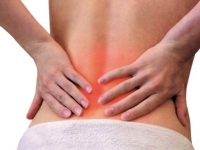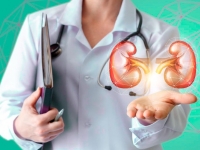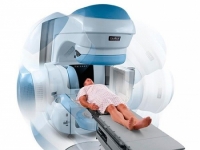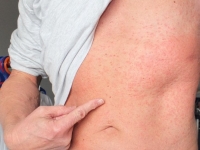How to recognize kidney problems
 What can kidneys suffer from?
What can kidneys suffer from?
It is the kidneys that are responsible for the release of many harmful substances from our body, therefore their normal functioning is so important. However, it happens that the kidney tissue is affected. This happens due to complications after infections (viral and bacterial), metabolic disorders, the presence of stones. Tumors can also affect kidney failure, with both malignant and benign, autoimmune diseases. Continue reading
What is the difference between a nephrologist and a urologist?
 What is the difference between a urologist and a nephrologist?
What is the difference between a urologist and a nephrologist?
A urologist is a doctor who treats diseases of the entire genitourinary system (kidney, bladder, urethra) with the help of, inter alia, surgical intervention. A urologist is being treated for treatment of hydronephrosis, acute urinary retention, prostate adenoma, coral-shaped pelvis stones, malignant lesions in the kidneys, bladder and prostate. Continue reading
Food poisoning in early spring: what is important for everyone to know
 Early spring is not a season for intestinal infections and food poisoning, it would seem. We observe a surge in the incidence of acute intestinal infections, the so-called “dirty hands diseases” during the hot season. However, with the onset of heat, the risk of poisoning with poor quality or poorly processed foods increases dramatically. The first picnics in nature and poorly roasted meat, insufficiently washed early vegetables and greens, the hands with which we take food, can result in food poisoning. Continue reading
Early spring is not a season for intestinal infections and food poisoning, it would seem. We observe a surge in the incidence of acute intestinal infections, the so-called “dirty hands diseases” during the hot season. However, with the onset of heat, the risk of poisoning with poor quality or poorly processed foods increases dramatically. The first picnics in nature and poorly roasted meat, insufficiently washed early vegetables and greens, the hands with which we take food, can result in food poisoning. Continue reading
Spring childhood diseases
 To insure a child completely against childhood diseases is impossible. With the onset of the long-awaited spring, babies often begin to get sick with certain ailments. Therefore, it is important for parents not only to know seasonal childhood diseases “in person”, but also measures to prevent such diseases.
To insure a child completely against childhood diseases is impossible. With the onset of the long-awaited spring, babies often begin to get sick with certain ailments. Therefore, it is important for parents not only to know seasonal childhood diseases “in person”, but also measures to prevent such diseases.
Cold and allergies – unpleasant “companions” of spring Continue reading
What should be eaten during radiation therapy?
 To reduce the negative effects of radiation therapy, you need to give the body only healthy foods using proper nutrition. It is better to change the diet before the start of therapy, to adhere to it during and after the course of the rays.
To reduce the negative effects of radiation therapy, you need to give the body only healthy foods using proper nutrition. It is better to change the diet before the start of therapy, to adhere to it during and after the course of the rays.
General principles of nutrition during radiation therapy
Food should be based on such ambushes: Continue reading



